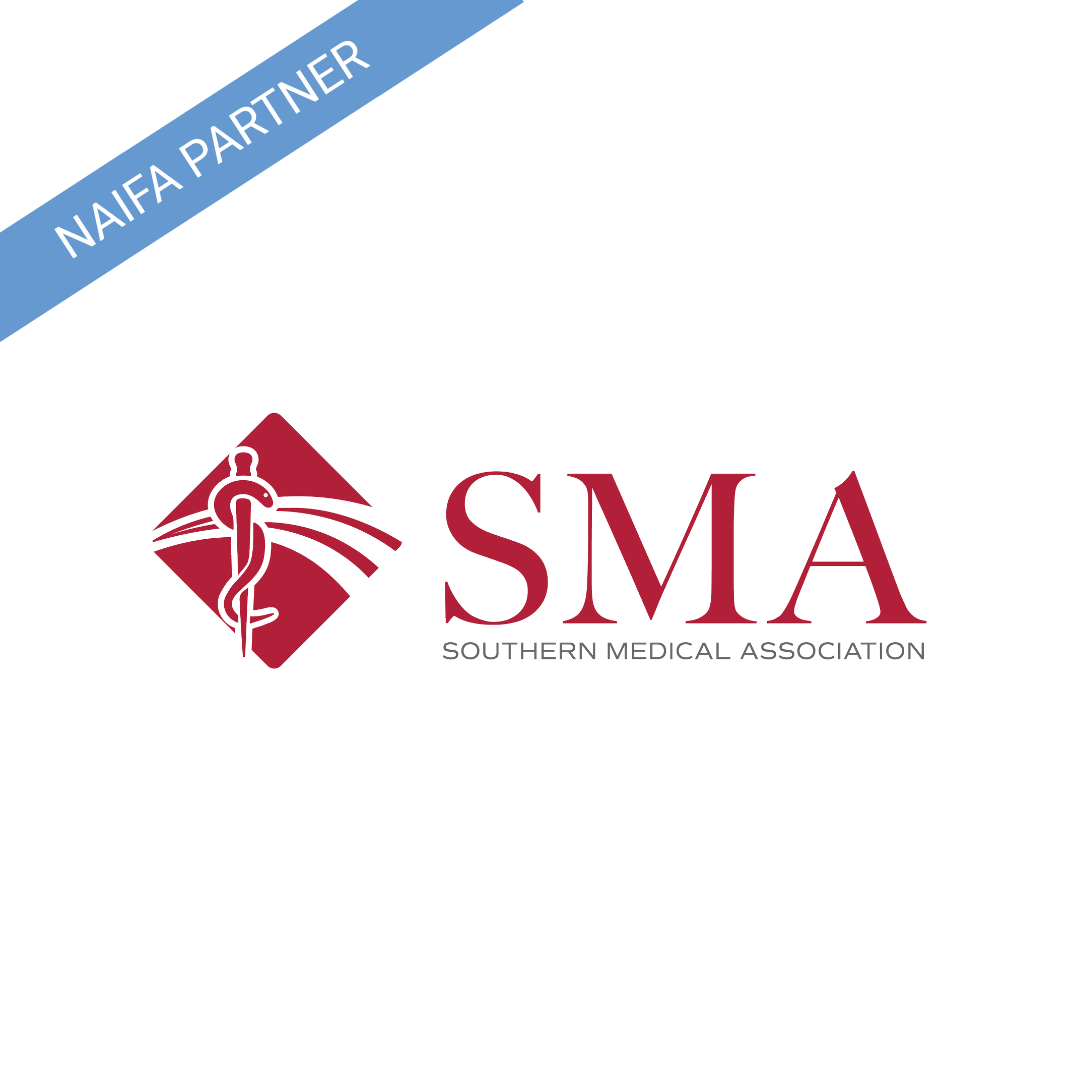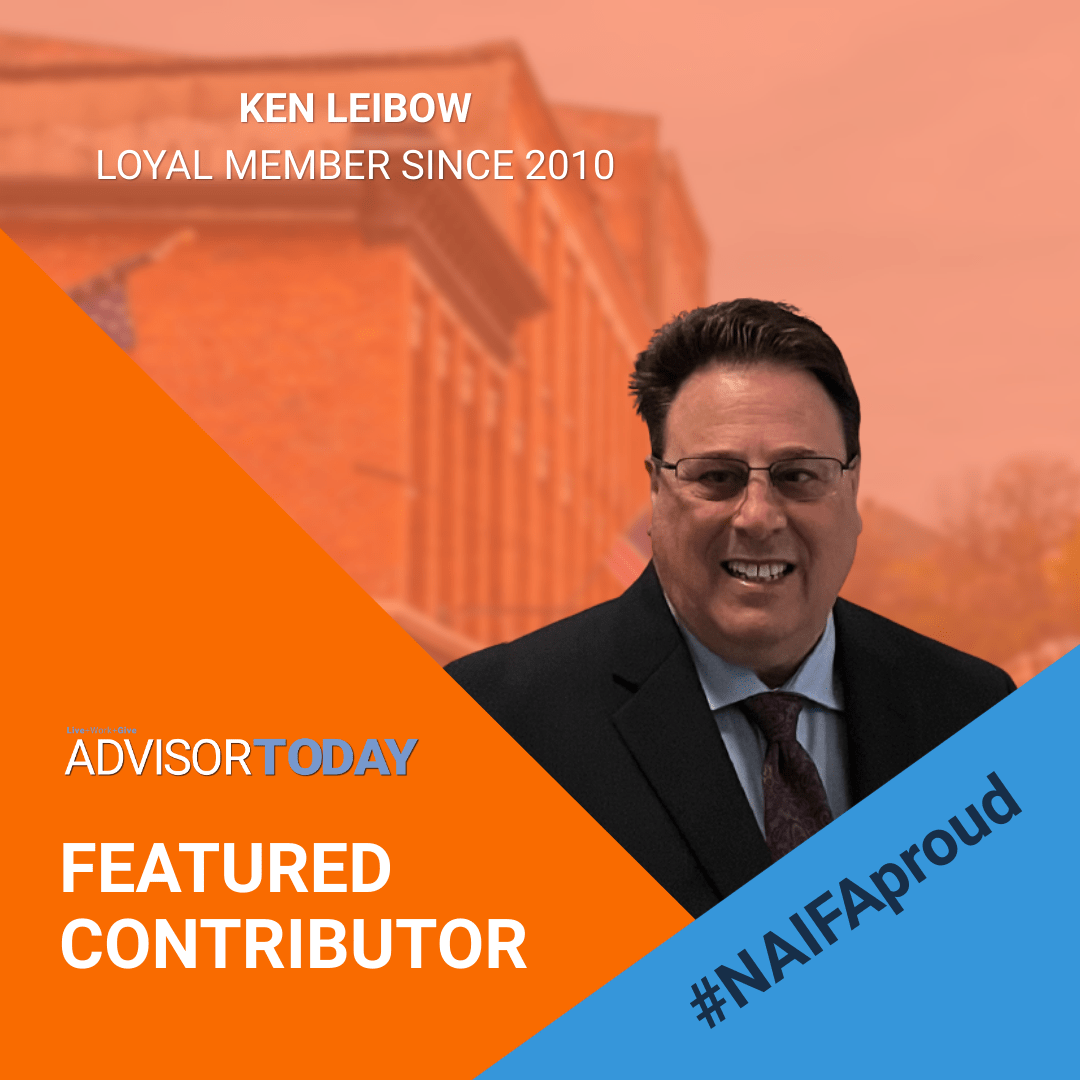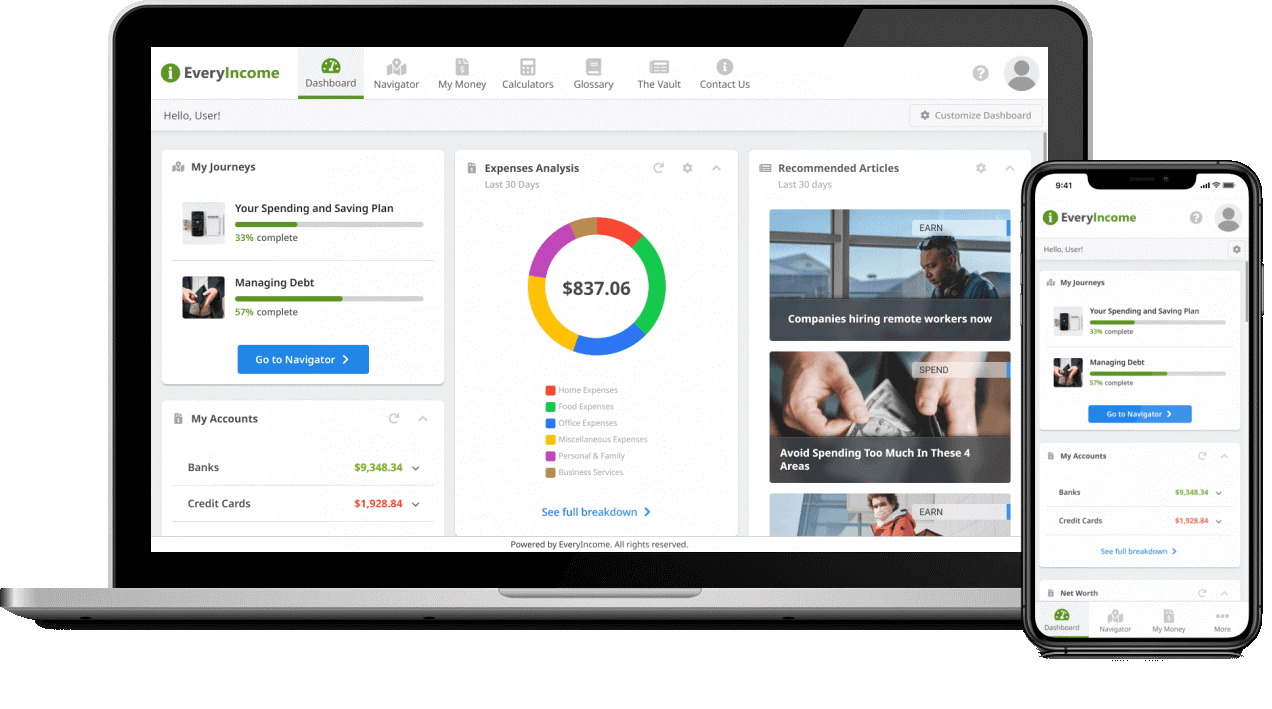We all know it’s important to plan for retirement. But not all of us know how to do it — and many of us who do, don’t always have access to secure retirement planning.
Just look at the state of Colorado: in a state with fewer than 6 million people, nearly a million employees find themselves without access to a qualified retirement plan (QRP). That’s 40 percent of all working Coloradans. For those of us whose jobs provide a comprehensive benefits package, that figure might seem impossible to believe. But not every business provides its employees with an employer-sponsored QRP. Many small businesses may mistakenly believe they can’t afford it (more on that in a bit), or maybe they haven’t even considered it. Either way, it’s a problem that demands proactive, creative, and compassionate solutions. Regardless of their ability to plan, no one wants to find themselves unprepared for retirement.
Since 2012, more and more states have come to understand this. What’s more, they’re doing something about it. Twelve states have passed legislation designed to give as many people as possible access to a retirement plan, with more on the way. States like California, Oregon, and Illinois now offer state-sponsored investment retirement accounts (IRAs) for employees without access to employer-sponsored plans.1 While employers may not be required to contribute to the state-sponsored IRA, they do have to remain in compliance — meaning they’ll have to make sure their payroll systems are set up so that employees are automatically enrolled.
The Centennial State is up next. In July 2020, Colorado’s General Assembly passed the Colorado Secure Savings Program Act, to be phased in in the second half of 2021. Like so many other states have done (and are in the process of doing), it establishes a state-sponsored IRA; and as is the case in so many of those other states, Colorado employers with more than five employees are considered covered employers. If covered employers don’t already sponsor a qualified retirement plan (QRP), compliance will be mandatory.* (And non-compliance can be costly, with fines of up to $5000 per employer annually.)
As with other states who’ve enacted programs like it, the state of Colorado will require covered employers to automatically enroll their employees. (Employees themselves can choose to opt-out of the program if they so desire.) Ensuring compliance might sound like a fair amount of work, especially for small business owners who are their own CEO, CFO, COO, and CCO all rolled into one. But there’s another way to think of it: not as an obligation, but as an opportunity.
A quality retirement program is the most effective tool there is for the recruitment and retention of employee talent. And if you’re a covered employer in Colorado, a state-sponsored IRA may not be the best tool for the job, no matter how well it’s designed. Employer-sponsored 401(k)s have several significant advantages over IRAs:
- Employees can make higher annual contributions to a 401(k)
- 401(k)s also offer a much wider range of investment options
- 401(k) plans enjoy a much higher tax benefit than state-sponsored IRA plans
For talented employees who want to be proactive about their retirement planning, that degree of freedom can be very attractive. And with 401(k)s, employers also enjoy more freedom: the freedom to design a customized plan that truly addresses the unique needs of their employees.
We’re at a unique moment, not only in the state of Colorado but in any state where compliance deadlines are fast approaching. Whether they opt to enroll in a state-sponsored program or sponsor a qualified retirement plan of their own, employers should be thinking about more than compliance. They should use this moment to reassess just how competitive their benefits really are.
Plans like the Colorado Secure Savings Program are coming to more and more states — and they’re going to create some work for employers. Why not spend that time and effort creating a retirement plan that really fits your needs? Just a little extra effort can have a big impact on the health of your business.
1 https://www.pai.com/state-mandates* Complaint QRPs include: 401(a), 401(k), or 403(a) plans; a 403(b) tax-sheltered annuity plan; a 457(b) deferred compensation plan; a simplified employee pension (SEP) plan; or a SIMPLE 401(k) or IRA plan.
Southern Medical Association (SMA) is an Educational Partner to NAIFA as well as a supporter of NAIFA's Business Performance Center. For members, you can learn more about SMA and how to partner within the Member Portal.









.png?width=300&height=600&name=Tax%20Talk%20Graphic%20-%20email%20tower%20(300%20x%20600%20px).png)
